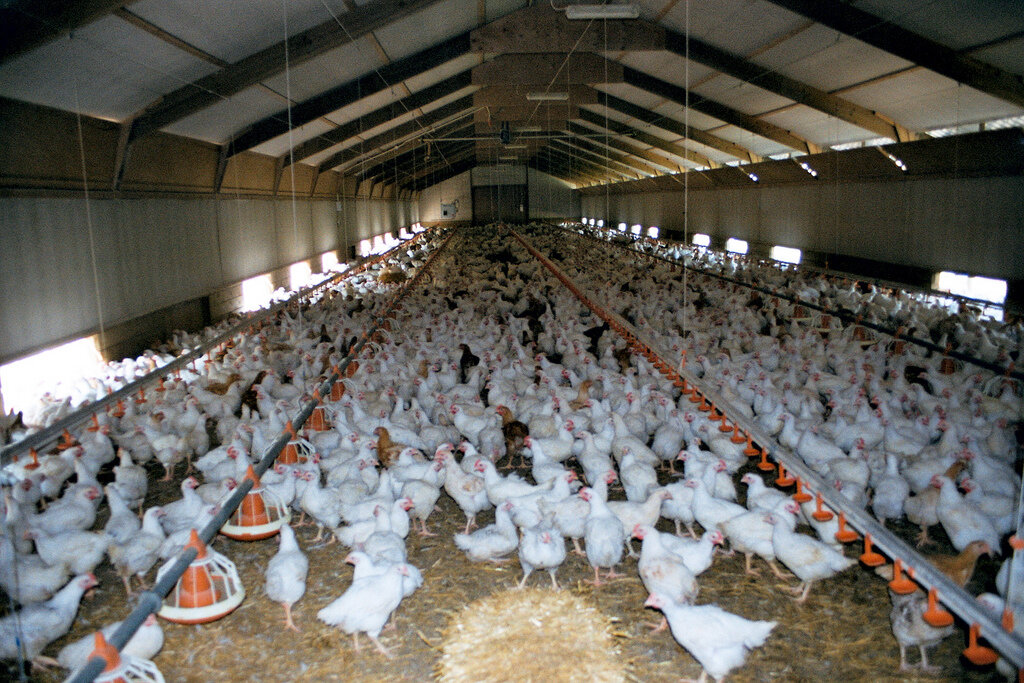After the year we’ve had, as a nation, we’re much more aware of where our food is actually coming from. We all remember at the start of lockdown when the supermarkets were running out of the essentials, one of which was eggs; We had never been so busy, absolutely amazing for us!
There’s always a common misconception as to what ‘Free Range’ actually means when it comes to the care and environment the hens live in. until I delved into the egg industry, I actually had no idea what any of the terms meant. I’ve just written a quick blog to explain what they means and what it means for the hens too, just so you can make the right decision for you when buying food products..
Breakdown of egg codes:
When you buy an egg from a supermarket, they all have a code that’s been stamped onto the shell. It’ll look something like this:
Working from left to right, the number at the front is reference to the status of the farm, 0 means that it’s come from an organic farm. 1 means that it’s come from a free range farm. 2 means that it’s come from hens living in a barn and then 3 means that the hens are in caged conditions. Next along is the country of origin; UK. This is then followed by the individual Farm code. This allows each egg to be traced back to the farm where it was produced and then underneath is the ‘best before’ date.
The meaning behind the terms.
Organic - This is the best standard that you can get. All our hens are kept to organic standards, this means that the hens eat all organic feed, have access all day to the outdoors they are kept in much smaller flocks compared to other status’. The maximum hens in one coop is 2,000 birds on a large commercial scale, we have at most 180 birds in 1 house. The hens have 10m2 per bird available outside of the coop and we have maximum 6 hens per m2 inside the coop. They have 10cm of space per feeder per bird, they have at least 18cm of perch per bird too, which means that the hens don’t do something called ‘Vent pecking’ this basically means that there’s enough space between the perches so that the hens cant peck the bum of the hen sitting above them - gross, I know, but it does happen. In short, it’s great to get anything that’s kept to organic standards.
Free Range - In the UK free range means that the hens have access to the outdoors for a period of the day. There’s currently no specific timings that the hens have to be outside for, so this may change from farm to farm. They do have to have 4m2 per bird when they do have access to the outdoors. The hens can eat a much cheaper food, which means that all sorts can be added to it and this is not monitored through any system. Most free range hens become 'free range’ at about 18 weeks old, just when they start to lay. Before this they can have been reared in barn conditions.
Barn Hens - The hens are reared and live their whole lives inside a barn, these normally consist of shed that can house from 10,000 to 30,000 hens at a time. Although they are kept inside, the hens are free to move around the barn. It’s quite normal in this situation for hens to be ‘de-beaked’ this means that the top portion of the beak is lazer removed when they are a chick to stop them from pecking one another and causing harm.
Caged Hens - So the term ‘Battery hens’ used to refer to hens kept in tiny cages by themselves with just food and water. Since 2012, an order came in where this was no longer accpectable- great news! However, they changed it to be called ‘Enriched Caging or Colony Caging’ This basically means that they are still kept inside cages for their whole lives, but they do have a few extra bits; they aren’t on their own. Hens are flock animals so naturally do better living with others, they have the potential to nest, they have the potential to roost, potential to scratch and stretch, all of which are natural behaviours to hens.
So there you go, if you didn’t know, now you do! You can now use this information to make your own decisions on which eggs you choose to buy.







